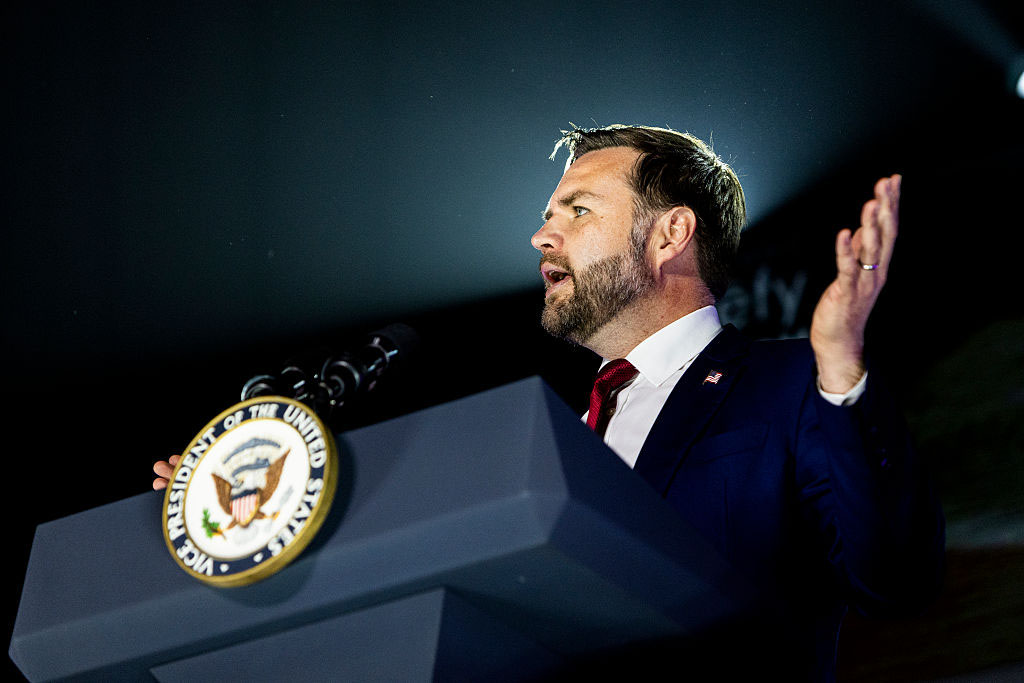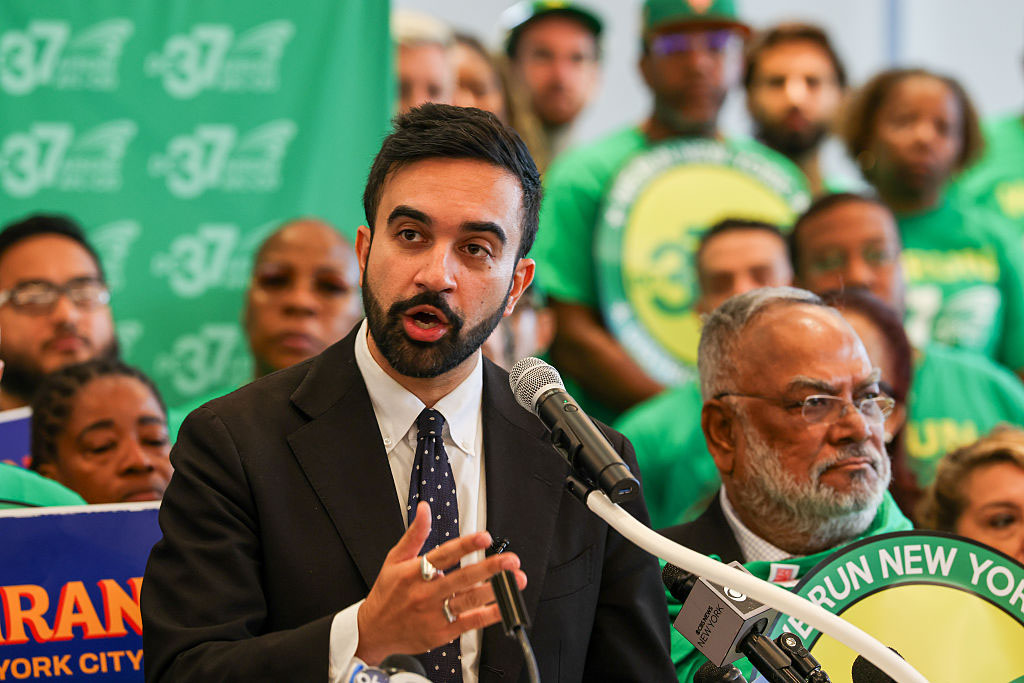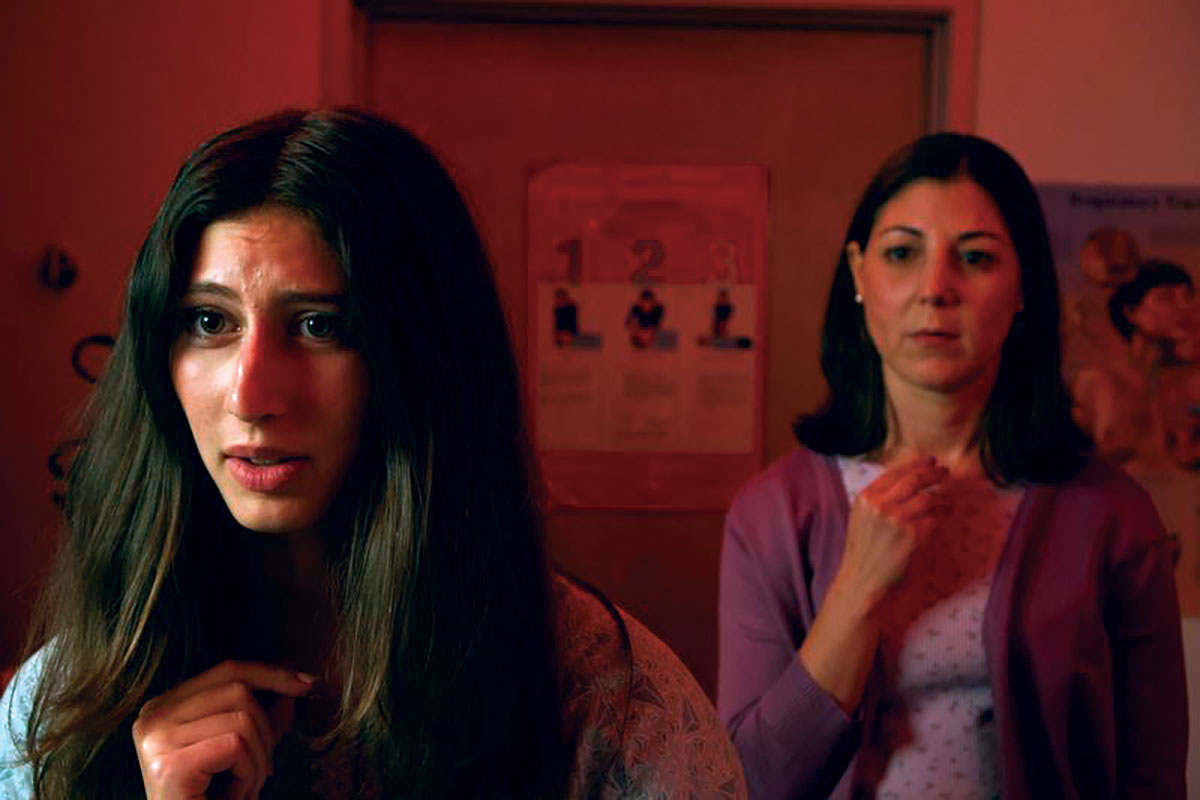
There was what seemed to be a stirring sight at last week’s March for Israel in Washington, where hundreds of thousands of American Jews and supporters of Israel gathered to show their backing for the Jewish state in its war against Hamas. As Senate Majority Leader Chuck Schumer (D-N.Y.) spoke to the crowd, he was flanked by a bipartisan assemblage of congressional leaders, proclaiming support for Israel across the American political spectrum. At a time when both Israel and Jews in this country are under siege, this highly visible public backing from the nation’s political leaders was a welcome sign of reassurance.
But if we look at that scene more closely, it’s clear that this bipartisan unity was not nearly as strong as that photo opportunity would suggest. Because even as Schumer and Democratic House leader Hakeem Jeffries (N.Y.) appeared on stage with two senior Republicans, the cracks in the alliance between Congress and Israel have become more noticeable. While the parties’ respective establishments continue to stand with the Jewish state even in the face of growing domestic and international criticism, troubles among the most left-leaning Democrats and most conservative Republicans are now impossible to ignore.
Israel’s challenge from progressive members is no longer limited to the antisemitic utterings of Rashida Talib (D-Mich.) and Ilhan Omar (D-Minn.). As Schumer and Jeffries spoke to the pro-Israel rally, their fellow Democrats were becoming increasingly vocal in their support for a ceasefire. Dozens of congressional Democrats are now pressuring Biden to back off from his support of Israel and many are calling for attaching conditions to U.S. aid. The situation is even worse at the grassroots: Party gatherings in both Washington and California last week were shut down by anti-Israel protestors promising political retribution if Biden does not reverse course.
Public opinion polls show the strongest opposition to Israel comes from young people, voters from minority communities and other progressives — the same voters Biden has already been struggling to motivate to turn out for him next year. As the president’s generation prepares to pass the baton, the most likely future for the Democratic Party appears to be one in which anti-Zionist and antisemitic voices continue to grow in prominence and influence.
The Jewish community’s challenges with Republicans are just as daunting. We have seen in places like Charlottesville, Poway and Pittsburgh how the far right’s nativism has oozed into equally dangerous antisemitism. And while that type of overt hatred is not heard from the GOP’s congressional leaders, the two Republicans on stage at the March represented other unsettling areas of concern for Jews and for Israel.
Newly-elected House Speaker Mike Johnson’s (R-La.) evangelical roots have made him an outspoken Zionist throughout his career. But his first act as speaker was to doom legislation to fund Israel’s war effort by attaching it to an unrelated measure to reduce funding for the Internal Revenue Service. Johnson’s willingness to use critical aid to Israel as a bargaining chip for an unrelated conservative domestic spending goal suggests a lack of depth in his commitment to Israel which should greatly unnerve Jewish Americans as other tests for our country’s Middle East policy emerge in the coming months.
Johnson was joined on the platform not by Senate GOP leader Mitch McConnell (Ky.) or by one of McConnell’s top lieutenants, but by Iowa Senator Joni Ernst, a respected but relatively junior member of the Republican leadership team. We shouldn’t make too much of McConnell’s absence. As Biden’s generational contemporary, his support for Israel is beyond question. But the fact that none of the three Senators vying to replace him as caucus leader saw an incentive to attend was telling: None of them believed that joining a high-profile pro-Israel event would be the unalloyed political benefit that it would have been in the past.
Both parties are now sending mixed signals. Neither Democrats nor Republicans offer much reassurance for our community as we seek a political home in which we can feel welcome.
Both parties are now sending mixed signals. Antisemitism and overt bigotry are alarming. Deprioritization and disregard are worrisome. But neither Democrats nor Republicans offer much reassurance for our community as we seek a political home in which we can feel welcome. We’ll talk about our options next week.
Dan Schnur is the U.S. Politics Editor for the Jewish Journal. He teaches courses in politics, communications, and leadership at UC Berkeley, USC and Pepperdine. He hosts the monthly webinar “The Dan Schnur Political Report” for the Los Angeles World Affairs Council & Town Hall. Follow Dan’s work at www.danschnurpolitics.com.


































